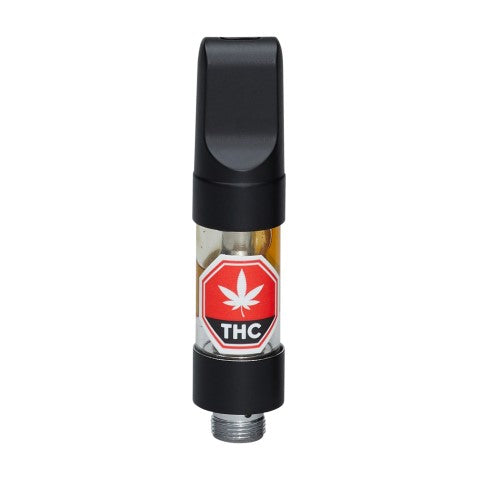Current Landscape of Cannabis Legislation in San Diego
San Diego, like many cities in California, has seen dynamic changes in cannabis legislation over the past few years. The legal framework governing both medicinal and recreational cannabis use reflects a complex interplay between state-wide mandates and local regulations. In California, the Adult Use of Marijuana Act (AUMA) legalized recreational cannabis use in 2016, while the Compassionate Use Act of 1996 laid the groundwork for medicinal cannabis. However, San Diego has specific ordinances that further shape the cannabis landscape within the city.
For medicinal cannabis, patients with a valid recommendation from a licensed physician can possess and cultivate cannabis within prescribed limits. Recreational users, on the other hand, must adhere to the state’s guidelines, which allow adults aged 21 and over to possess up to one ounce of cannabis or eight grams of concentrated cannabis. Home cultivation is also permitted, with a maximum of six plants per residence.
Regulatory oversight in San Diego is primarily managed by the San Diego Cannabis Permitting Bureau. This bureau is responsible for issuing permits to cannabis businesses, ensuring compliance with both state and local laws. The permitting process is thorough, involving several steps from initial application to final approval. Businesses must meet stringent criteria, including security measures, environmental impact assessments, and community safety protocols.
Recent updates in San Diego’s cannabis legislation have focused on streamlining the permitting process and enhancing enforcement against unlicensed operations. The city has introduced measures to expedite permit approvals for compliant businesses while increasing penalties for non-compliance. Additionally, San Diego has established unique local ordinances, such as zoning restrictions that limit the location of cannabis businesses to specific districts, thereby balancing community concerns with industry growth.
The interplay between state-wide laws and local ordinances significantly impacts the San Diego cannabis market. State regulations set the baseline for legal cannabis operations, but local ordinances add another layer of compliance. Businesses must navigate this regulatory landscape carefully to operate legally within the city. Overall, the current legislative environment in San Diego aims to foster a regulated, safe, and economically viable cannabis industry while addressing public health and safety concerns.
Industry Trends and Insider Insights
The San Diego cannabis industry has been experiencing substantial growth, with the market projected to expand significantly over the next few years. According to recent statistics, the local market has seen a steady increase in consumer demand, driven by both recreational and medicinal use. This growth is further fueled by the introduction of new and innovative cannabis products, including edibles, topicals, and high-potency concentrates, which have captured the interest of a diverse consumer base.
Emerging trends within the San Diego cannabis sector highlight the importance of advancements in cultivation and processing techniques. Local growers are adopting cutting-edge technologies, such as hydroponics and LED lighting systems, to enhance yield and product quality. Additionally, the integration of sustainable practices, such as organic farming and water conservation methods, is becoming increasingly prevalent, reflecting a broader industry shift towards environmental responsibility.
Insights from industry insiders provide a deeper understanding of the current landscape. Dispensary owners, for instance, emphasize the significance of consumer education and personalized experiences in maintaining customer loyalty. Growers underscore the challenges of navigating complex regulatory frameworks, which often vary at the city and county levels. Cannabis advocates, on the other hand, highlight the ongoing efforts to destigmatize cannabis use and promote its therapeutic benefits within the community.
Despite its growth, the San Diego cannabis industry faces several challenges. Regulatory hurdles remain a significant concern, with businesses often grappling with compliance issues and high taxation rates. Supply chain disruptions, exacerbated by the COVID-19 pandemic, have also posed difficulties, affecting product availability and pricing. Public perception continues to evolve, but lingering stigma and misinformation can impede broader acceptance and integration of cannabis products.
Looking ahead, the San Diego cannabis market is poised for continued expansion. Potential future trends include the development of cannabis tourism, with local businesses exploring opportunities to attract visitors through cannabis-centric experiences. Additionally, advancements in cannabinoid research may lead to the introduction of novel therapeutic applications, further solidifying cannabis’s role in the wellness industry. As the market matures, collaboration among stakeholders will be crucial in overcoming challenges and unlocking new avenues for growth








































